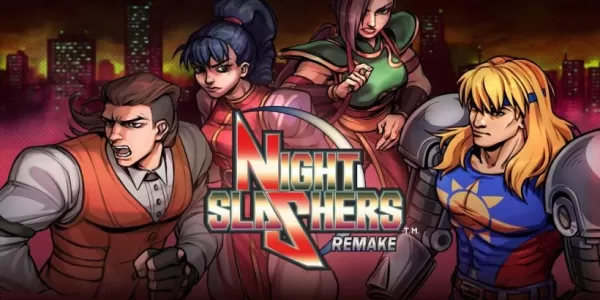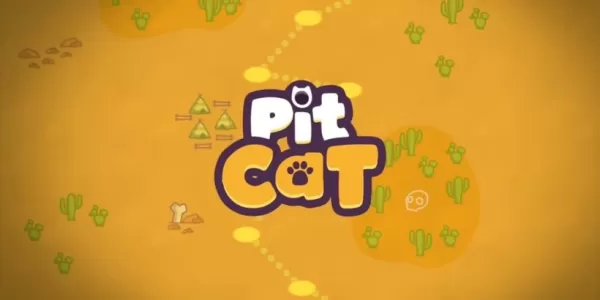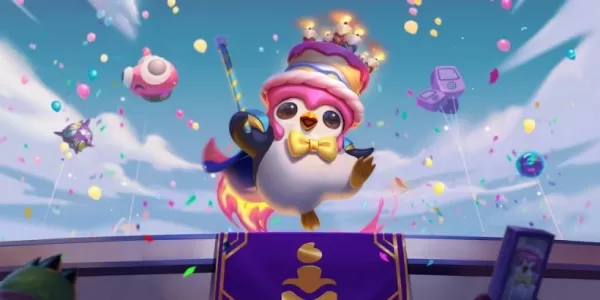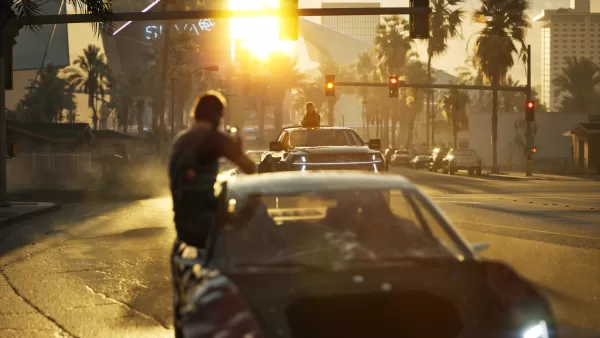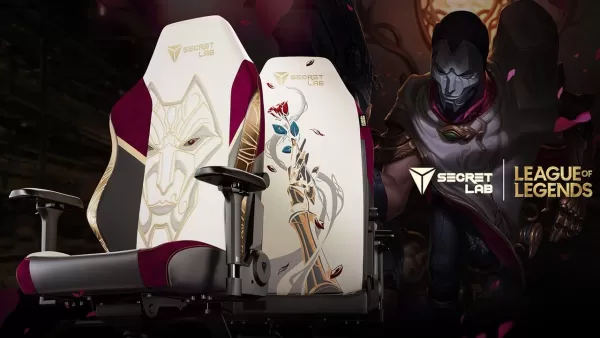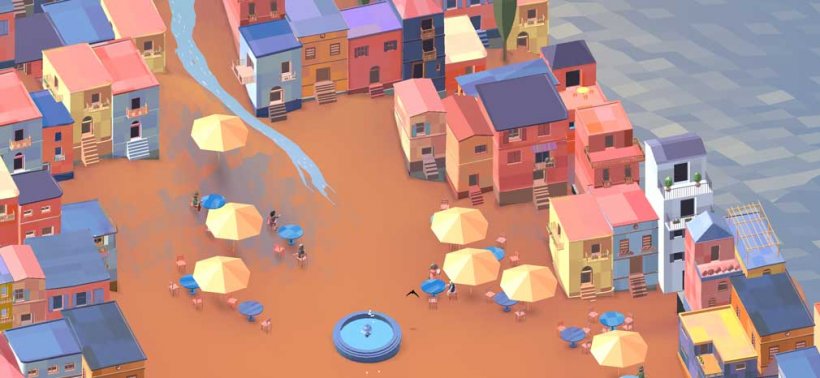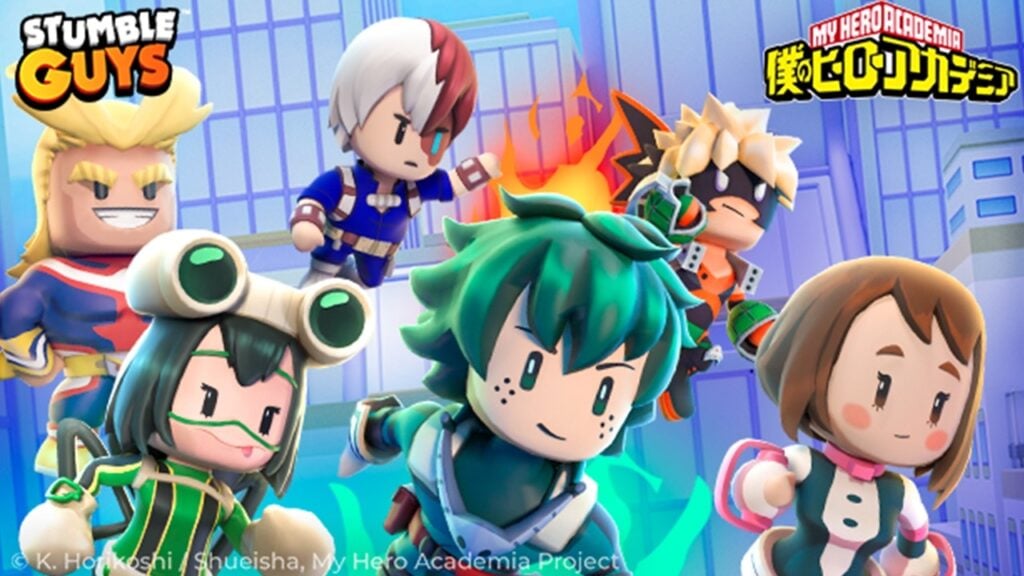Hideo Kojima's 'Forgetting Game' Concept: Play Too Long, Lose Skills
- By Thomas
- May 25,2025
Hideo Kojima's Japanese radio podcast, KOJI10, continues to offer fascinating insights into the mind behind iconic games like Metal Gear Solid and Death Stranding. In the latest episode (Episode 17), Kojima delves into how real-time progression can enhance video game experiences. He not only discussed time-based mechanics from his previous works but also unveiled untapped ideas, including a concept he had considered for the upcoming Death Stranding 2: On The Beach.
Kojima is renowned for integrating real-world time into his games. He highlighted two innovative examples from 2004's Metal Gear Solid 3: Snake Eater for the PS2. To enhance the game's realism, food collected in the jungle would spoil after a few days in real life. Consuming spoiled food could severely sicken Snake, or players could repurpose it as a strategic weapon by throwing it at unsuspecting enemy soldiers.
Death Stranding 2 Cast
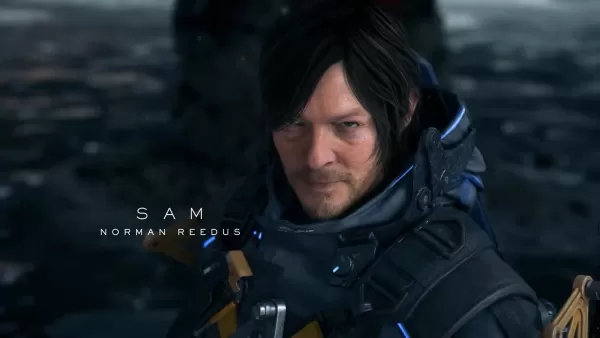
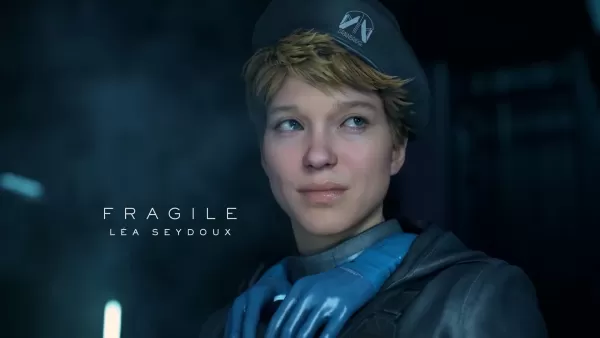 View 14 Images
View 14 Images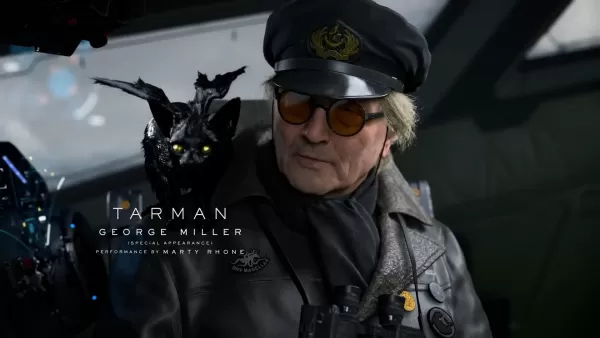
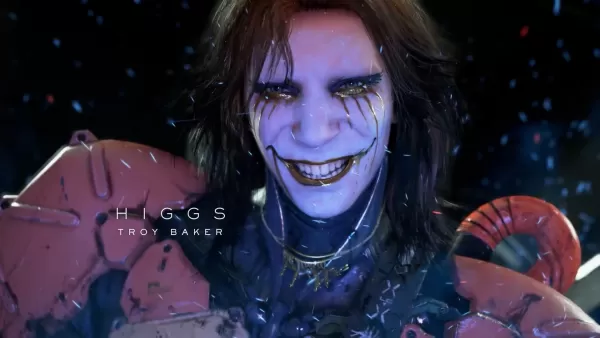
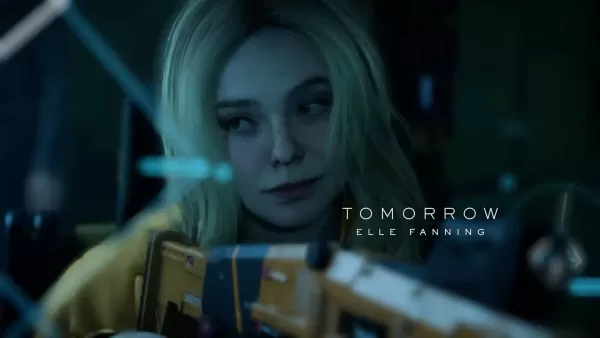
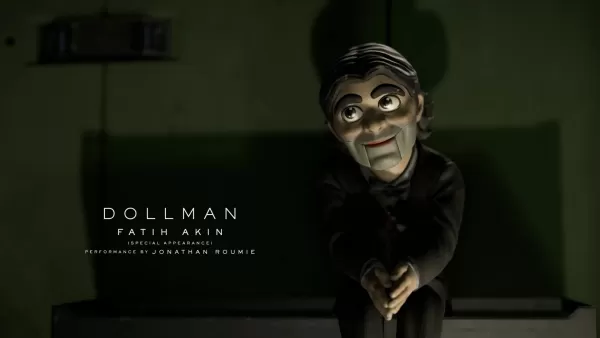
Another example from MGS3 involved the boss fight against the elderly sniper, The End. Kojima explained, "Although he is a really tough boss, if the player waits a week, The End will die of old age." Players who revisit the battle after a week's hiatus are greeted with a cutscene showing Snake discovering The End's demise.
Kojima also shared a scrapped idea for Death Stranding 2, where protagonist Sam's beard would grow over time, requiring players to shave it to keep him looking sharp. "Originally in Death Stranding 2, I was going to have Sam’s beard gradually grow out over time, and the player would have to shave it. If they didn’t, Sam would end up looking unkempt," Kojima said. "However, as Norman Reedus is a big star, I didn’t want to make him look uncool!" Despite dropping this concept, Kojima hinted at its potential use in future projects.
During the podcast, Kojima proposed three new game concepts that revolve around real-time progression. The first concept is a life simulation game where players start as children and age over time, affecting their physical abilities and strategic gameplay. "It starts out with the player being born, you’re a child and then gradually over time you become an adult. In the game, you fight various enemies. Like with the previous example (MGS3’s The End), if you keep playing the game, you will become a 70 or 80 year old man. However, at this age you will be weaker, your eyesight will worsen. When you are a teenager you’ll be able to run faster but by the time you reach 60 you’ll slow down a bit," Kojima elaborated. He noted the character's knowledge and experience would increase with age, influencing gameplay strategies. Despite skepticism about its market appeal, the concept was well-received by his co-hosts.
Another idea involves a game centered on creating and maturing items like wine or cheese, requiring prolonged, gradual gameplay, suggesting it could function as a background or idle game.
On the other hand, Kojima proposed a "forgetting game" where the main character loses memories and skills if the player takes long breaks. "In this concept, the main character gradually forgets important information and abilities if you take too long a break from the game. For example, if you don’t play every day, the main character will gradually forget things such as 'how to fire their gun or what their job is.' This forgetfulness builds up until finally the player is unable to move," Kojima explained with a laugh, suggesting players might need to take a week off work or school to keep up.
With the anticipation building for Death Stranding 2's release on June 26, many fans are likely planning their time off. For more on the upcoming game, be sure to check out our interview with Kojima, and our impressions after playing through the first 30 hours.
